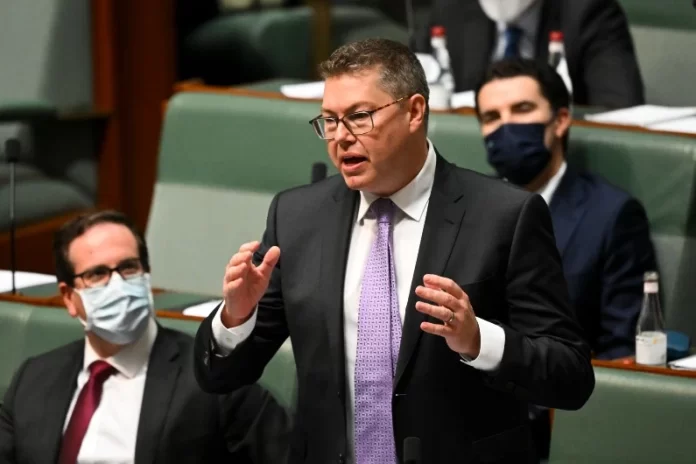Somali Magazine -In Yemen, the level of hunger now is unprecedented, and the food crisis is thought to be affecting more than 20 million people in Ethiopia. There are reports of hundreds of thousands of malnourished children in Somalia.
Australia will provide $15 million in emergency aid to the area, which is already suffering from food insecurity and climate change and is, according to the government, on the “brink of famine.”
Australia’s decision to send food, water, and other essential supplies to the region was announced on Friday by Pat Conroy, the country’s minister for international development and the Pacific.
The minister stated, “Australia is concerned about the rising levels of food insecurity worldwide.
“This assistance will save lives and prevent famine in Yemen and the Horn of Africa.”
Australia will contribute $15 million in emergency funds to the Emergency Action Alliance, which consists of the World Food Programme (WFP) and other reputable non-governmental organisations.
The COVID-19 pandemic’s economic effects, according to the WFP, have made the world food crisis worse. In addition, conflict and climatic shocks have increased hunger rates to previously unheard-of levels (the program’s costs have increased by 40% since 2019), with 60% of the hungry in the world currently residing in violent and war-torn regions.
Conroy and Assistant Minister for Foreign Affairs Tim Watts released a joint statement in which they both stated that the government had also pledged to continue providing aid for famine relief and food security.
In order to help Ethiopia, Somalia, and Yemen overcome their severe food insecurity problems, Australia wants to deepen its relations with African nations, according to Watts.
Australia has already given the World Food Programme (WFP) more than $50 million for food assistance in 2022–2023. Australia contributed $157 million to the programme the year before.

